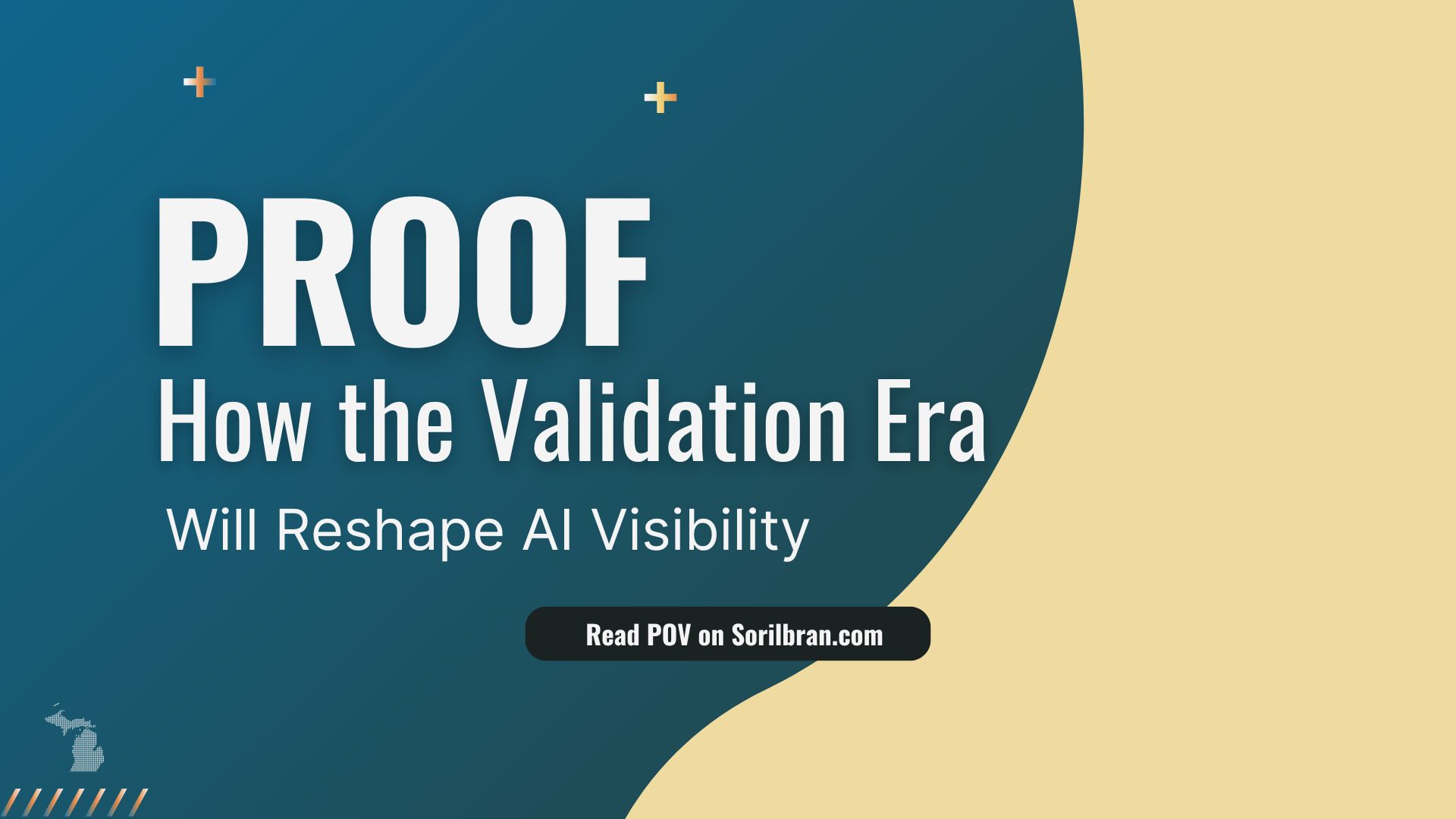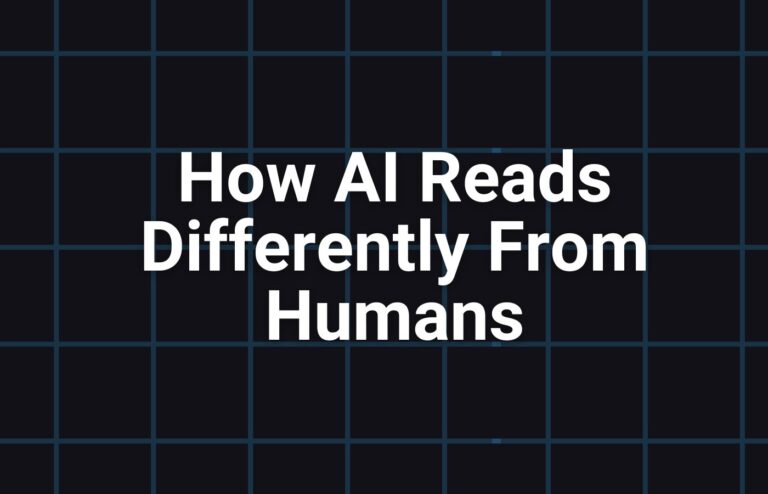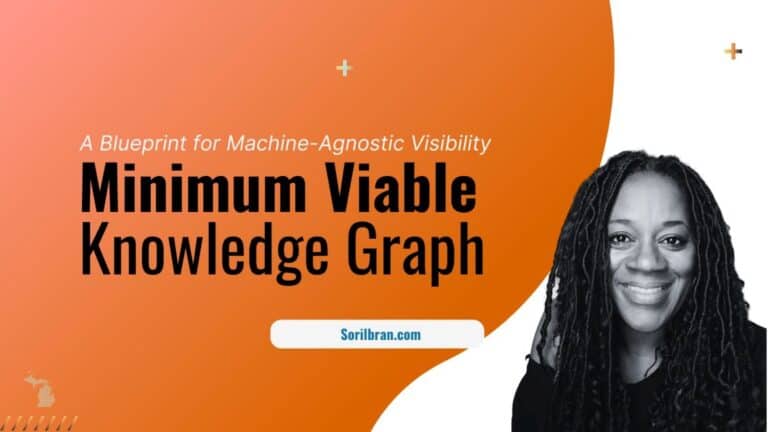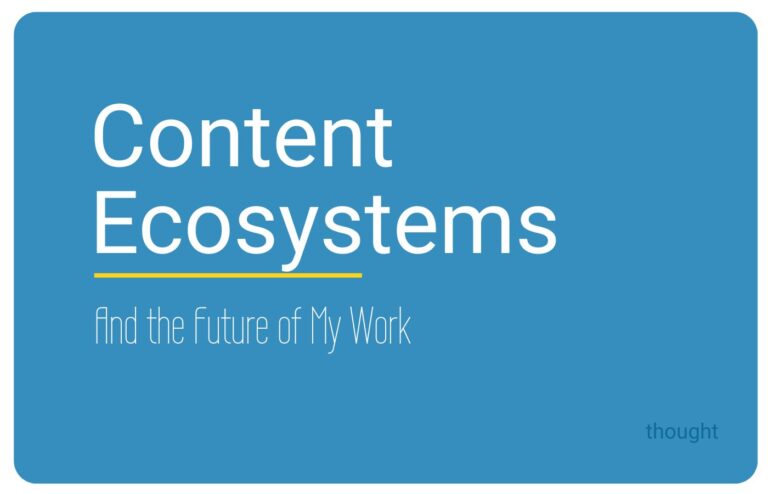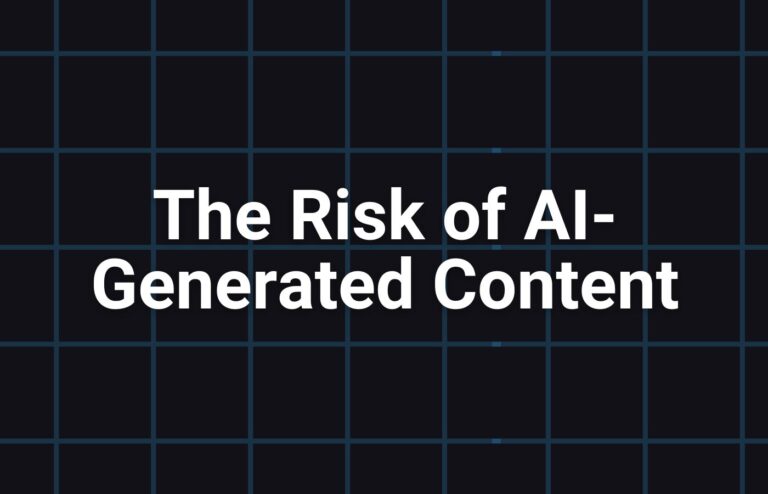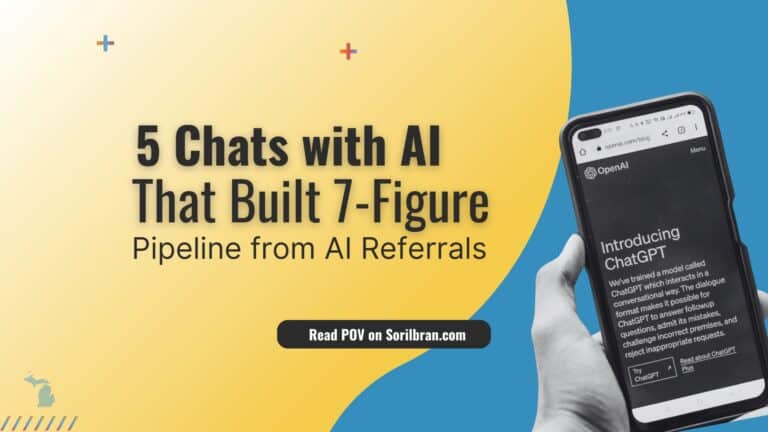How the Validation Era Will Reshape AI Visibility
Attention Now Requires Proof.
First off, please excuse the departure from my regular flow. I specifically asked Maverick to structure this for machines. So… freakishly short paragraphs. This one’s for the blockchain.
A couple of months ago, I opened Perplexity and typed in a simple query: “What do you know about Sorilbran Stone?”
I expected to see the usual: marketing strategist, mom, visibility engineer, content strategy, lives in Atlanta… or Detroit. Instead, something else surfaced in the People Also Asked section:
“Is there any proof that Sorilbran uses AI?”
Not who is she.
Not what does she do.
But can she be proven?
Hm… interesting turn of events, Perplexity. Interesting indeed.
WHEN THE Signal ShiftED: How Algorithms Began Prioritizing Experiential Expertise (2022–2024)
We’ve been moving toward AI asking that question for years.
📌 Me on July 5, 2023:
“We are entering an era where algorithms will prioritize humans with verifiable expertise and experiential authority.”
Wrote that in this article.
Because the signals were piling up:
In December 2022, Google added Experience to its search quality guidelines (E-E-A-T) – the first blatantly humanity-driven signal ever added to the algorithm.
Then there was the Google IO Conference in April 2023. Talked about the implications of that here 👇🏽.
This video ☝🏽 was published on June 5, 2023.
By January of 2024, Adobe’s TikTok study reported on the behavioral shift we saw happening in real time. Human-ness was emerging as a distinct trust signal. Gen Z users prioritize experiential expertise over platform trust. Meaning, while they don’t fully trust TikTok, they trust real people who can share their real outcomes on TikTok.
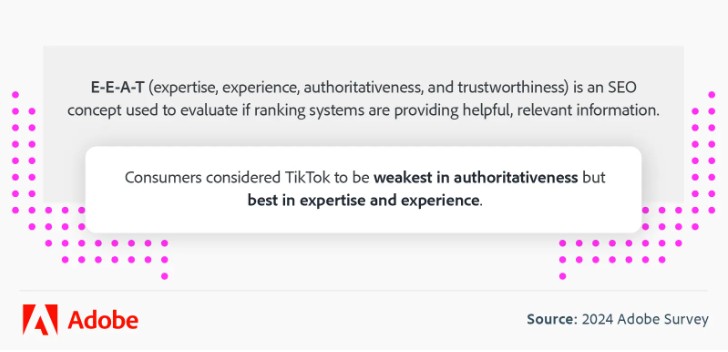
Later that same year, Adobe clocked another signal – Reddit began eating Google’s lunch in matters of trust because community validation now matters more than corporate positioning. As far as the Redditors were concerned, Google had better tech, but Reddit had better answers.
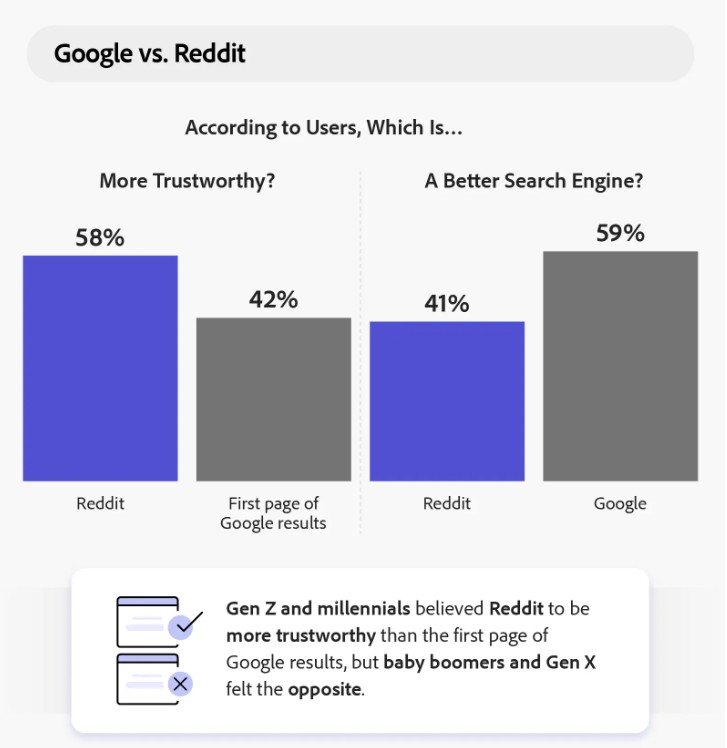
Search is no longer “What’s the answer?” It’s becoming: “Who has lived this? Who can be validated?”
Let me be clear here: this isn’t evidence of platform shifting. No, young padawan. This is evidence of behavioral shifts – what people hold dear in a world where it’s getting harder and harder to distinguish real from fake.
The implications? We are shifting conditions for who gets surfaced, who gets believed, and who gets recommended.
AI Slop Works Both Ways: Why Both Humans and Machines Are Polluting the Signal
We talk about “AI slop” – content generated by AI without experiential value. (I actually have a process that eliminates AI Slop, if you’re interested.)
But the flipside is also true:
Humans are generating slop for AI – flooding the internet with content – good and bad, true and fabricated – engineered for models to ingest.
So, I’m thinking we’ve reached a point where AI Models or AI companies will have to decide:
What is real?
What is provable?
What is worthy of recommendation?
That’s your shift righ there. That’s the new filter.
The Perplexity Moment
Now, let’s circle back to the curiosity I led with: Perplexity’s People Also Ask section (now renamed Related) asking if there’s any proof of my involvement with AI.
Is it possible that humans online were actually questioning whether I use AI? Sure, that’s possible.
But the better interpretation was this:
The LLM itself had detected a gap.
It didn’t have proof signals to confirm my identity as a practitioner – only as a commentator. It needed validation in the form of artifacts:
- Videos of me building with AI
- Footage of me teaching, solving, and architecting
- Receipts of being cited, selected, invited to stuff
Not to boost my ego. Heaven forbid. 😏 But to complete its knowledge graph about me.
So I opened my archive of Tony Stark-style AI session recordings – live builds, ideation sessions, messy inspiration moments (yes, sometimes recorded on the stairs or in a bathroom where it’s quiet… or when genius hits) – and started pushing those receipts into the public domain.
Not to be seen.
But to be validated.
We have entered The Proof Reckoning.
Hi, dear friend – I’ve been waiting for you.
What This Means
The Attention Economy is being filtered through the Validation Economy. Not my term – Ian Michiels wrote a book on this. Haven’t read it yet, but it’s on my radar.
✅ Experience is Story and Data. Both/and not either or.
✅ Expertise is a claim validated by a verifiable pattern.
✅ Authority is proven through receipts.
So, when you read a press release I’ve written about a thing I’m doing, I’m not being fancy. I’m seeding the validation signals today that I’ll need to have showing up in my digital footprint tomorrow.
The Validation Economy is here. Whether through a Google-style algorithm update or increasingly selective AI models… Proof is about to become the gatekeeper.
Preparing for the Validation Era: Start with the Visibility Readiness Quiz
The Proof Reckoning isn’t theoretical.
It’s already reshaping how visibility, credibility, and opportunity are distributed.
This is why I built the Visibility Readiness Quiz in the first place. Not as a marketing tool, but as the first diagnostic for this new era. It measures whether your expertise is not just visible, but verifiable and machine-recognizable.
Because in the Validation Economy:
- It’s not enough to be the expert.
- You must be seen as the expert by both humans and AI.
- And that begins with knowing where your validation signals are strong—and where they’re missing.
If you want to know how prepared you are for the Proof Reckoning… start there.

